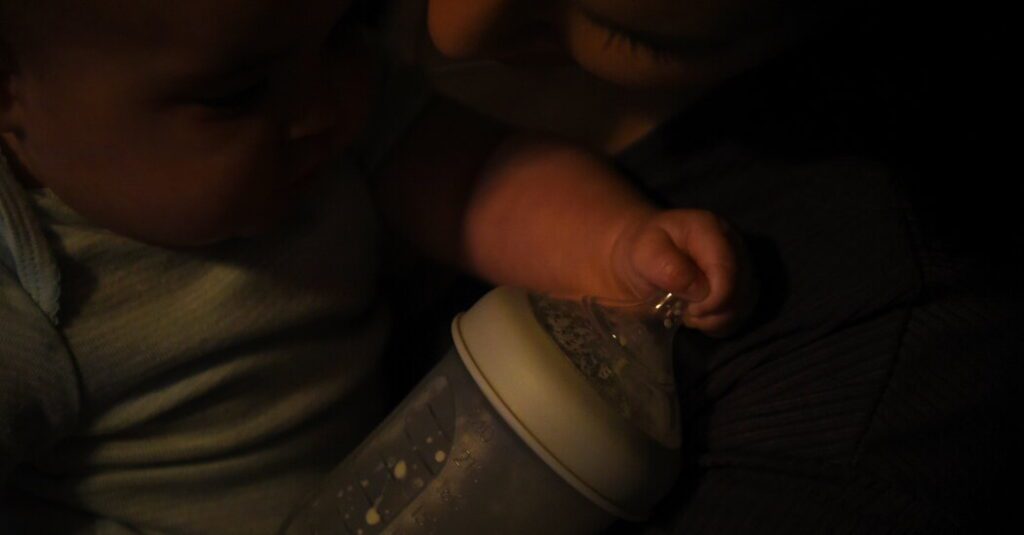Rising Maternal Death Rates Highlight Need for Extended Healthcare
A recent study published in JAMA Network Open reveals significant findings regarding maternal health in the United States, pointing to a troubling trend: nearly one-third of maternal deaths occur more than six weeks after childbirth. This period is often perceived as a time of recovery, but many women continue to face serious health risks long after they bring their child into the world.
Increasing Maternal Mortality Rates
From 2018 to 2022, the pregnancy-related death rate in the U.S. increased by almost 28%. This surge was most pronounced during the height of the COVID-19 pandemic in 2021 and only saw a slight decline in 2022, yet the rates remained higher than they were at the beginning of this period.
Dr. Rose L. Molina, an associate professor at Harvard Medical School, emphasizes that these findings underscore the necessity for continuous attention to maternal health. “Our study illustrates why we can’t take our eyes off maternal health,” she stated.
The Importance of Comprehensive Care
Access to high-quality maternal healthcare is critical from conception to one year postpartum. While there has been increased attention to postpartum care, the study reveals that much work remains to be done to ensure women receive adequate support after childbirth.
The research utilized data from the Centers for Disease Control and Prevention’s division of reproductive health, which focuses on identifying maternal mortality rates and associated risks of later maternal deaths, defined as those occurring from six weeks to one year following delivery.
Key Causes of Maternal Deaths
The leading cause of pregnancy-related deaths was identified as cardiovascular disease, followed by cancer, mental health disorders, and drug-related deaths. Notably, deaths resulting from accidents and homicides were excluded from this study.
Understanding the risks associated with the first year after childbirth has only recently gained traction, which is concerning given that medical checkups typically occur about six weeks postpartum—favoring the health of the newborn over that of the mother.
Guidelines and Recommendations
In response to these findings, the American College of Obstetricians and Gynecologists now advocates for women to seek medical attention within three weeks of giving birth, with a comprehensive follow-up appointment recommended no later than 12 weeks postpartum. Dr. Tamika Auguste, an expert in maternal healthcare, emphasizes this shift: “No longer are we saying, ‘Let’s wait six weeks’.” For women with conditions such as hypertension, follow-up visits are encouraged within just days of delivery.
Furthermore, mental health evaluations should be part of postpartum care to address issues like depression that may arise during this critical time.
Disparities in Maternal Health
The study also highlighted significant racial and regional disparities in maternal health outcomes. Native American and Alaska Native women experienced the highest death rates, with figures 3.8 times greater than those of white women. Black women had death rates 2.8 times higher compared to their white counterparts, while Hispanic and Asian women faced the lowest mortality rates.
Geographically, pregnancy-related deaths varied widely, with southeastern states recording the highest rates. Alabama led the statistics, while California reported the lowest.
Looking Ahead
As pregnancy-related death rates surged to 44.1 per 100,000 live births during the pandemic, the push for improved maternal healthcare access is crucial. With Medicaid extending coverage beyond the previous 60-day limit post-delivery, advocates warn that proposed federal budget cuts could threaten these advancements, potentially compromising the health of mothers across the nation.
Overall, the report prompts a necessary dialogue about the importance of maternal health and the systemic changes needed to address these alarming trends effectively.


